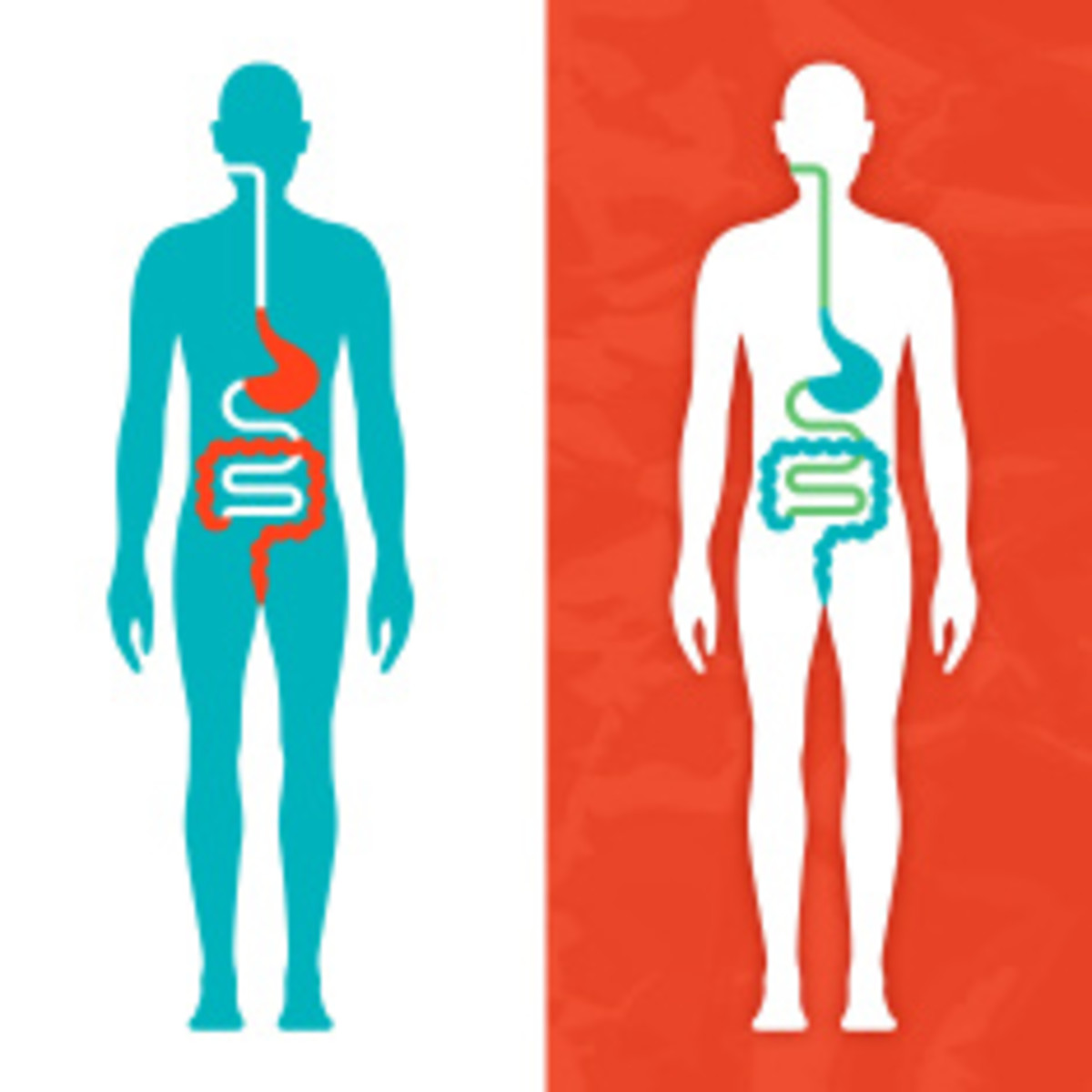Magnesium: An Essential Mineral
The Importance of Magnesium
Magnesium is one of the many essential minerals required to keep the body functioning and healthy. It plays a part in keeping blood pressure and heart rhythm normal, as well as maintaining healthy bones. It is thought to be involved in hundreds of reactions in the human body, making adequate intake of the mineral extremely important.
In humans, magnesium is the fourth most abundant mineral. Around half of the magnesium stores in the body are found in the bones, with the majority of the remainder found in tissue and organ cells.
Guidelines provided by the NHS advise that the daily recommended amount of magnesium for adults aged 19-64 is 300mg for men and 270mg for women.
Most people should be able to get enough magnesium from their diet.

Sources of Magnesium
There are numerous sources of magnesium, so those who maintain a healthy diet should be able to meet the recommended daily allowance without the need for supplements.
- Green, leafy vegetables - Leafy greens, such as spinach, kale and Swiss chard are a very good source of magnesium. A cooked serving of spinach has approximately 157mg of magnesium.
- Nuts and seeds - Certain types of nuts are a good source of magnesium. The best nuts for magnesium content include almonds, Brazil nuts and cashews. Snacking on seeds such as pumpkin, flax and chia is another way of increasing magnesium intake.
- Oily fish - Oily fish, which includes salmon, tuna and mackerel, has a high magnesium content. It is recommended that adults should aim to consume two portions of oily fish a week as it can offer various health benefits.
- Dark chocolate - Chocolate that contains at least 70% cocoa solids is rich in magnesium. Dark chocolate is thought to offer several health benefits due to the mineral and antioxidant content.
Others foods that contain magnesium include dairy, meat and bread.

Magnesium Deficiency
A deficiency of magnesium can cause various problems, including muscle aches, anxiety and abnormal heart rhythm.
It is believed that magnesium deficiency can increase the risk of certain conditions, such as osteoporosis and high blood pressure. It has also been associated with severe asthma, although the reasons for this are unclear.
Although it should be possible to get the recommended daily allowance from diet alone, supplements are also available. The NHS recommends that if you do take magnesium supplements it should be no more than 400mg per day.
If you think that you may have a magnesium deficiency, please consult your doctor.

Health Benefits of Magnesium
A sufficient intake of magnesium can offer many health benefits. As well as being necessary for various functions in the body, it may also reduce the risk of certain health conditions.
- Bone health - Magnesium helps to regulate calcium levels in the body, and inadequate intake can increase the risk of osteoporosis.
- Heart health - Consuming an adequate amount of magnesium can help to protect the heart from irregular heartbeats. It can also help to prevent problems elsewhere in the body that may put stress on the cardiovascular system.
- Mental health - Magnesium plays a role on mood, and it is thought that a deficiency could increase the risk of depression. More research is needed in this area, but it has been found that magnesium supplements can help to reduce the symptoms of depression.
Other possible benefits of a good magnesium intake include migraine prevention and a lower risk of type 2 diabetes. It may also help to fight inflammation.
Magnesium is an essential mineral which is involved in various functions in the human body, and fortunately the majority of people are able to get enough in their diet. For further advice on magnesium intake, please consult a health care professional.
This article is for information only, it is not intended as medical advice.








